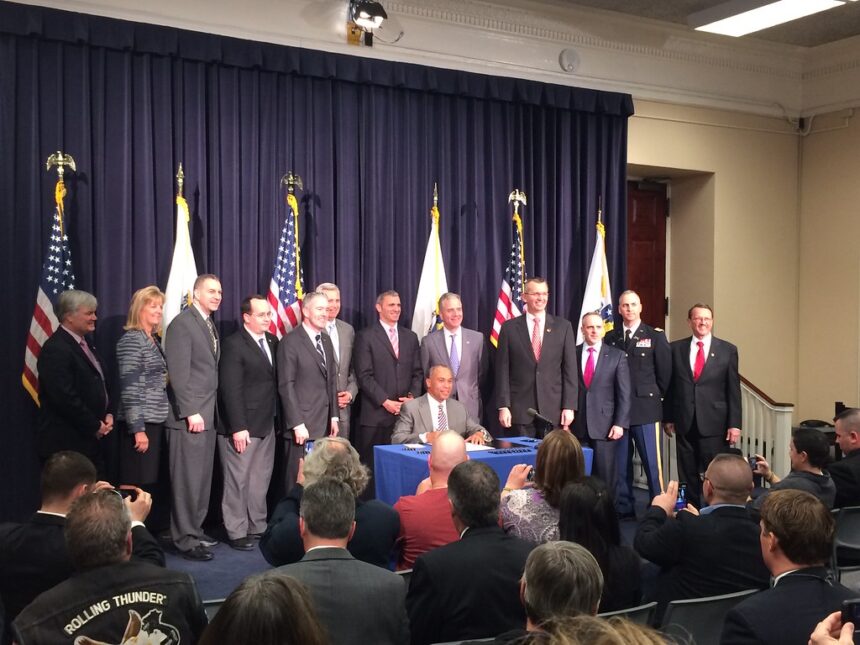Maria Elvira Salazar, a US Congresswoman, has taken a brave step to deal with Venezuela’s current crises by introducing the “Law for the Promotion of Freedoms, Opportunities, and Rights in Venezuela (VALOR)” to Congress.
The legislative proposal represents a major escalation of efforts to exert financial pressure on Venezuelan entities including the Venezuelan cryptocurrency Petroleos De Venezuela, S.A., (PDVSA), as well as Venezuela’s Central Bank.
VALOR is a new initiative to combat the political and economic turmoil that has been wreaking havoc under Nicolas Maduro’s regime.
The VALOR Act proposed in September aims to strengthen existing financial sanctions against Maduro’s government and implement strict measures.
Salazar’s legislation outlines guidelines specific to lifting sanctions, depending on Venezuela’s progress towards democratic reforms.
This proposal is a response to the recent allegations of fraud and corruption that marred the elections, and further fuelled political and economic instability in this country.
The VALOR Act focuses on Venezuelan financial institutions, and pays particular attention to the Petro currency.
The Petro, a cryptocurrency created in 2017 that is purportedly supported by oil has been the subject of significant criticisms and challenges.
Initially, Maduro’s government used it to circumvent US sanction and pay public employees.
The cryptocurrency is plagued with corruption accusations and lack of transparency. This has led to its declining role in Venezuela’s economy.
The VALOR act proposes a strategy that is comprehensive to reduce the influence of Petro.
The bill includes provisions to block Venezuela from joining key financial institutions such as the International Monetary Fund, the Inter-American Development Bank and the Organization of American States.
The bill also allocates an additional $5 million for the OAS Emergency Fund. This money will be used by OAS to send out electoral and human right observers in Venezuela to encourage democratic practices.
What will VALOR mean for Venezuela?
Venezuela’s potential impact on the VALOR Act is complex.
The legislation aims to put more pressure on Maduro’s government by tightening the financial sanctions, and targeting Petro.
This act is intended to limit the ability of the regime to circumvent sanctions and disrupt its financial operations. The move may exacerbate economic problems and intensify the political crisis in the country.
The bill also reflects an broader US policy to promote democratic reforms within Venezuela.
Congresswoman Salazar who chairs the Western Hemisphere Subcommittee has spoken out about the importance of international intervention in order to guarantee fair elections and peaceful power transition.
This act aligns itself with the VALOR Act by defining clear criteria for lifting sanctions and supporting democracy initiatives.
Congresswoman Salazar calls for action
Salazar’s introduction of the VALOR Act highlights the urgent need to address Venezuela’s economic and political crises.
This bill represents a major step towards a transition to democracy and has the power to change the financial landscape of the country.
It is encouraged that the US government collaborates internationally in order to oppose Maduro’s regime, and to recognize democratic results.
The VALOR Act, as it moves through Congress and is implemented, could have profound effects on Venezuela’s cryptocurrency ecosystem and financial institutions.
The legislation proposed by the United States is a turning point in its policy toward Venezuela. It emphasizes the importance of international co-operation and decisive actions to promote democratic values throughout the region.
As new information becomes available, this post Congresswoman Salazar Introduces VALOR Act Targeting Venezuela’s Financial Entities and Crypto may be updated.






